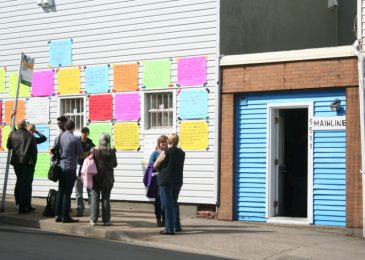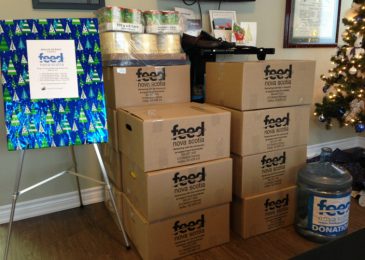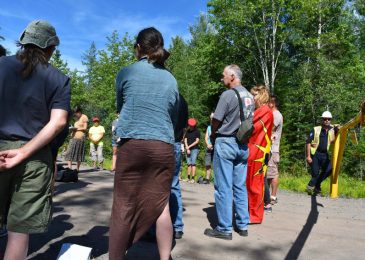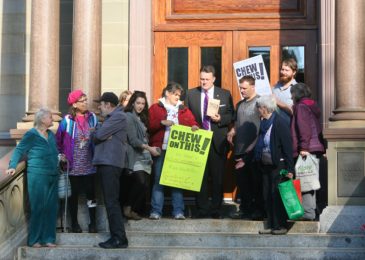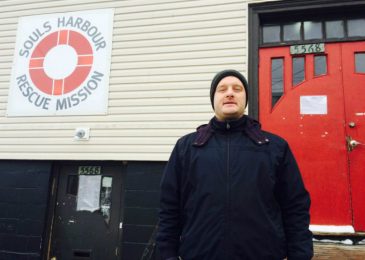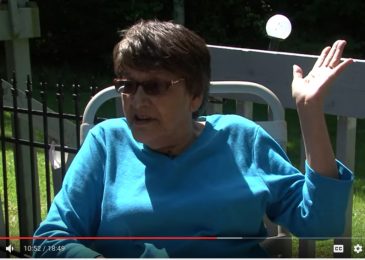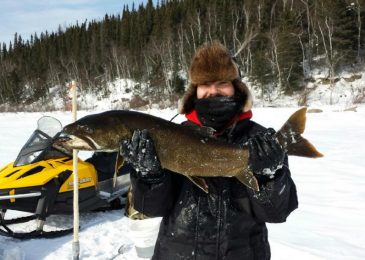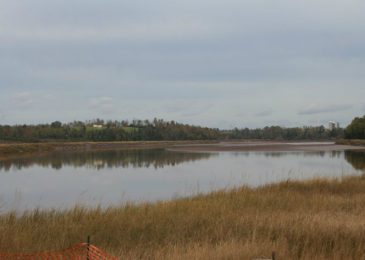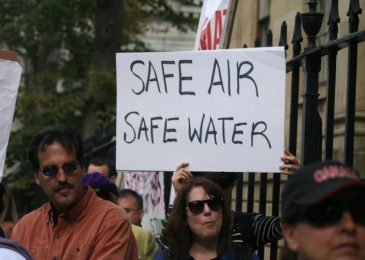Op-ed: 70 overdose deaths this year in Nova Scotia. And it’s only October.
600 people have died of drug overdoses in Nova Scotia in the last 10 years, and we only know this because of a leaked email. Imagine the uproar if these deaths didn’t affect drug addicts but nice middle class people. Instead we have two levels of governments cutting subsidies to organizations that are trying to keep such deaths to a minimum.

